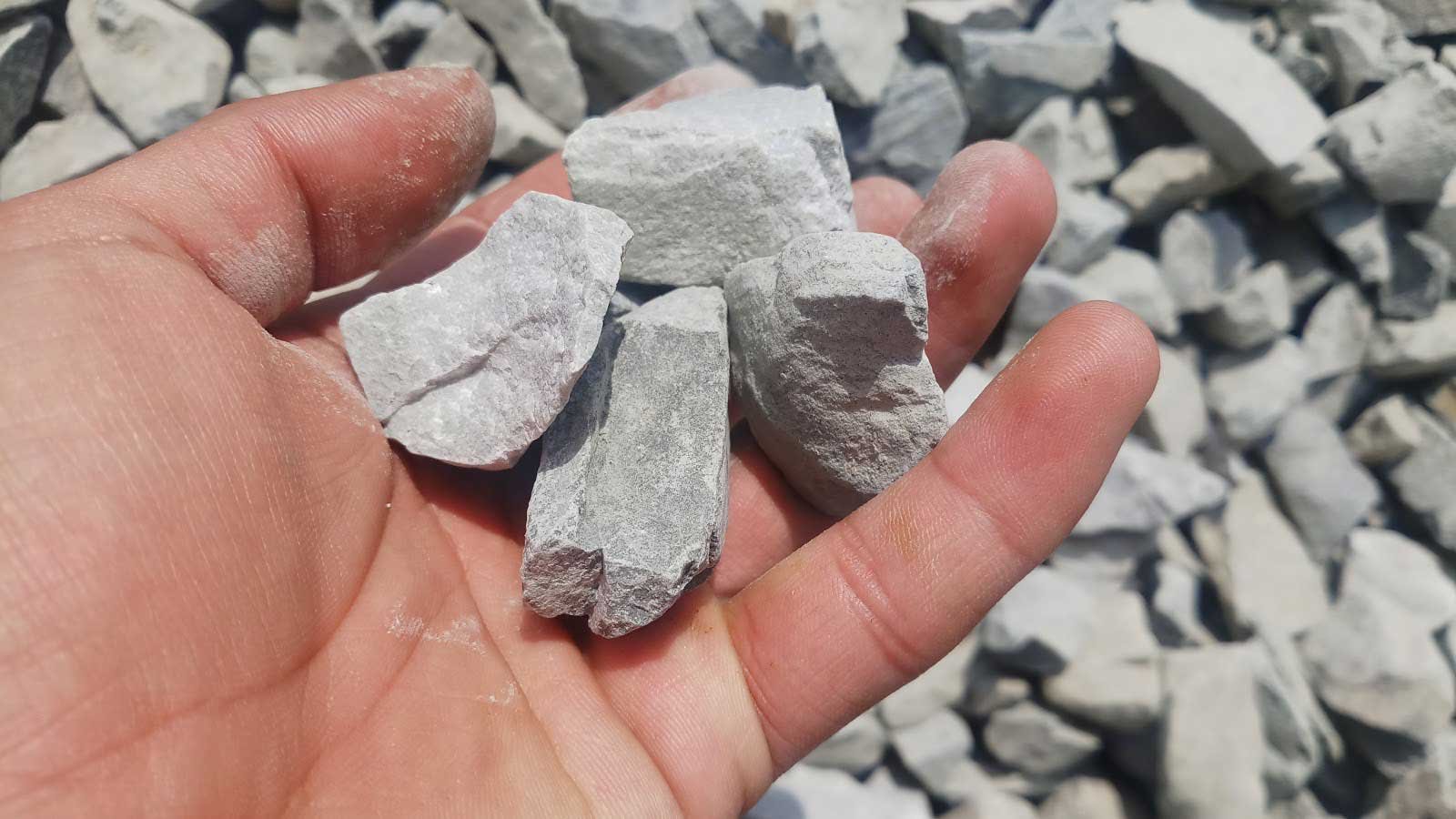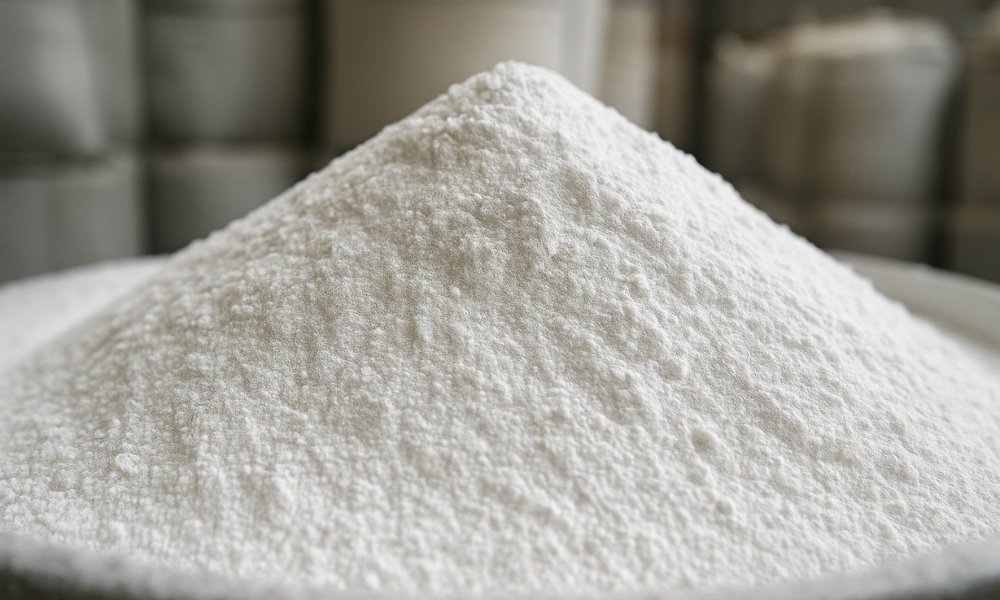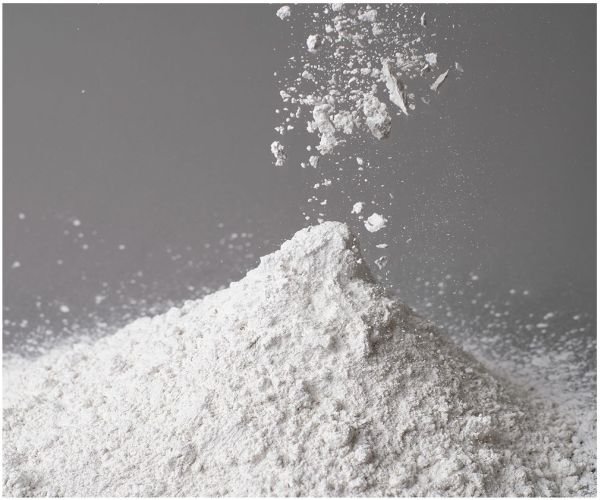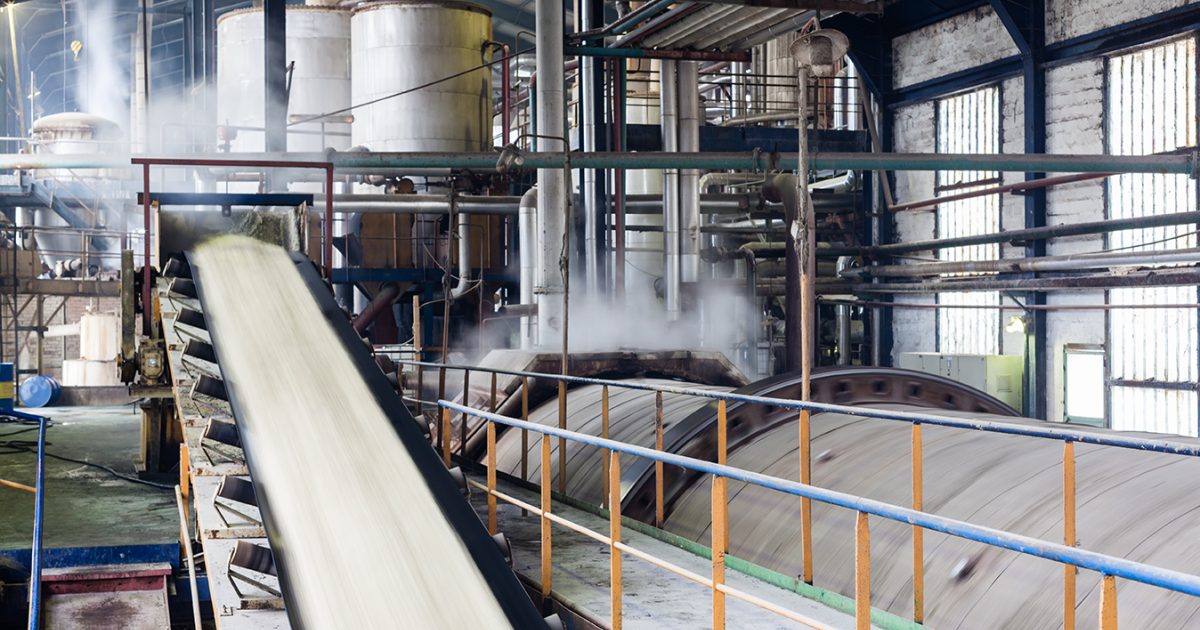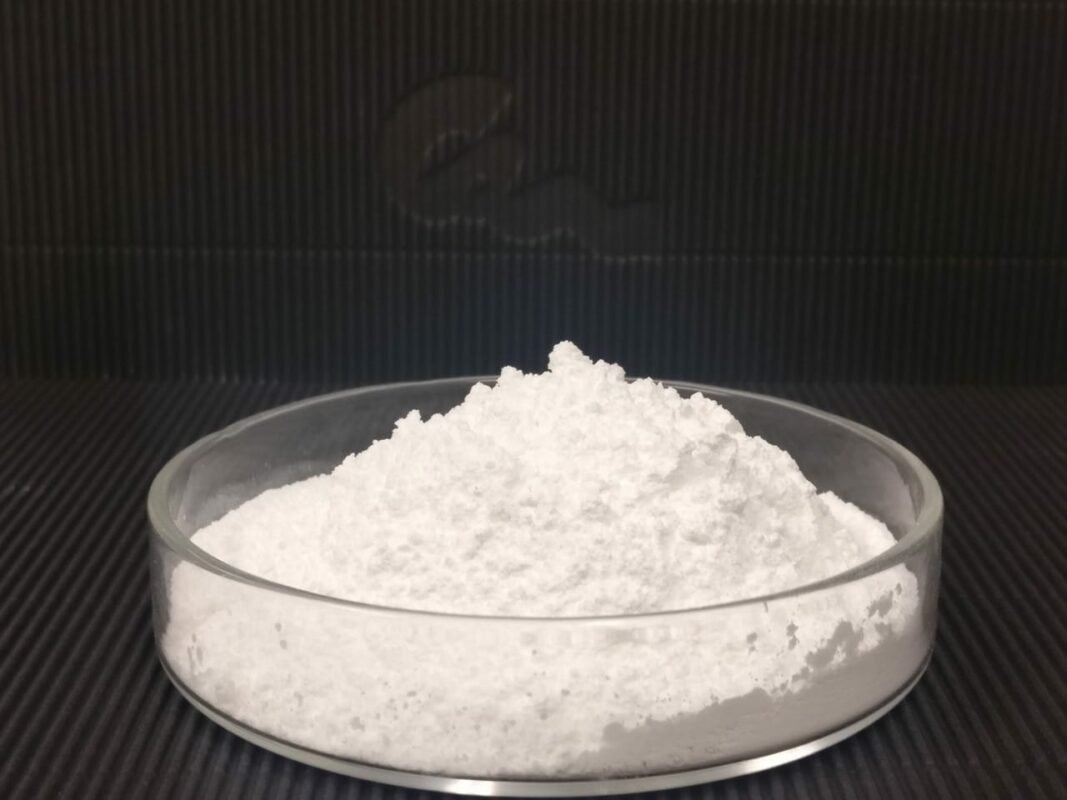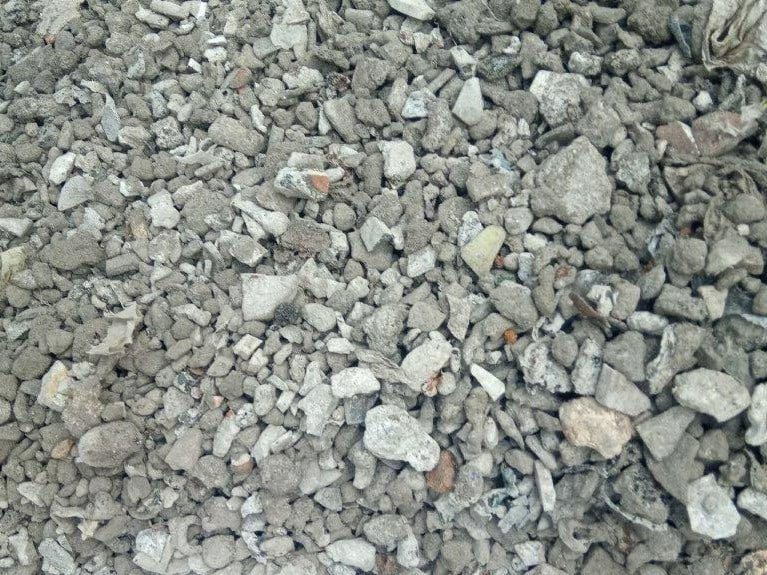Calcined lime, also known as quicklime or burnt lime, is a chemical compound made by heating limestone to a temperature above 900 °C. This process, known as “calcination,” removes carbon dioxide from the limestone and leaves behind calcium oxide, which is commonly referred to as “lime.”
Calcined lime has a variety of industrial uses. One of the most common is in the steel industry, where it is used as a flux to remove impurities from molten iron. It is also used in the manufacture of glass, as a dehydrating agent in the production of other chemicals, and as an ingredient in animal feed.
Calcined lime manufacturers used calcined lime in the production of cement and as a component in the manufacturing of lime mortars and plasters. It is also used to improve the soil in agricultural applications and as an acid neutralizer in industrial wastewater treatment.
Calcined lime is also a key component of many environmental technologies. For example, it is used in flue gas desulfurization (FGD) systems to remove sulfur dioxide from the emissions of power plants. It is also used to treat drinking water and wastewater, as it can neutralize acids and heavy metals.
Safety is a primary concern when handling calcined lime, as it is highly caustic and can cause severe skin and eye irritation. It is also highly reactive with water and can release significant amounts of heat when hydrated. It is essential that proper personal protective equipment (PPE) is worn when handling calcined lime and that it is stored and handled in accordance with industry guidelines.
Overall, calcined lime is a versatile chemical with a wide range of industrial and environmental uses. It is produced by heating limestone above 900 °C and removing the carbon dioxide, leaving calcium oxide which is referred as lime. With its capability to neutralize acids and heavy metals, it is used in drinking water treatment and waste water treatment. The construction industry, steel industry, glass industry, agriculture, and many other industries are using Calcined lime as an important raw material. But it is also important to note that it is a highly caustic substance and proper handling and storage is necessary for safety.
In addition to its industrial and environmental uses, calcined lime has a number of other applications. One of the most notable is in the field of environmental remediation. Calcined lime can be used to stabilize and solidify contaminated soils, making them safer to handle and transport. It can also be used to neutralize acidic soils, making them more suitable for plant growth.
Calcined lime manufacturer in Mumbai used calcined lime in the production of lime slurry, which is a suspension of calcium oxide in water. Lime slurry is used in a variety of industrial processes, such as the paper industry, water treatment, and the production of synthetic gypsum.
In the construction industry, calcined lime is a key component of traditional building materials such as lime mortars and plasters, which have been used for centuries to construct durable and long-lasting buildings. Because of its ability to absorb and release moisture, it can help to regulate the humidity in a building.
It is important to note that the quality of calcined lime can vary depending on the source of the limestone and the calcination process used. This can affect its reactivity and effectiveness in certain applications. For example, high-purity calcined lime is typically required for use in the food industry. Therefore, it is important to carefully consider the specific requirements of the application when selecting calcined lime for use.
Conclusion In summary, Calcined lime is an extremely versatile chemical, with uses that extend beyond its traditional industrial applications. It is used in construction, agriculture, environmental remediation, hazardous waste treatment, and many other fields. Its ability to neutralize acids and heavy metals makes it an important tool in protecting the environment. However, the quality and reactivity of calcined lime can vary depending on the source and process used, so care must be taken to select the appropriate type for a given application in the Synergy Chemical Industries.


